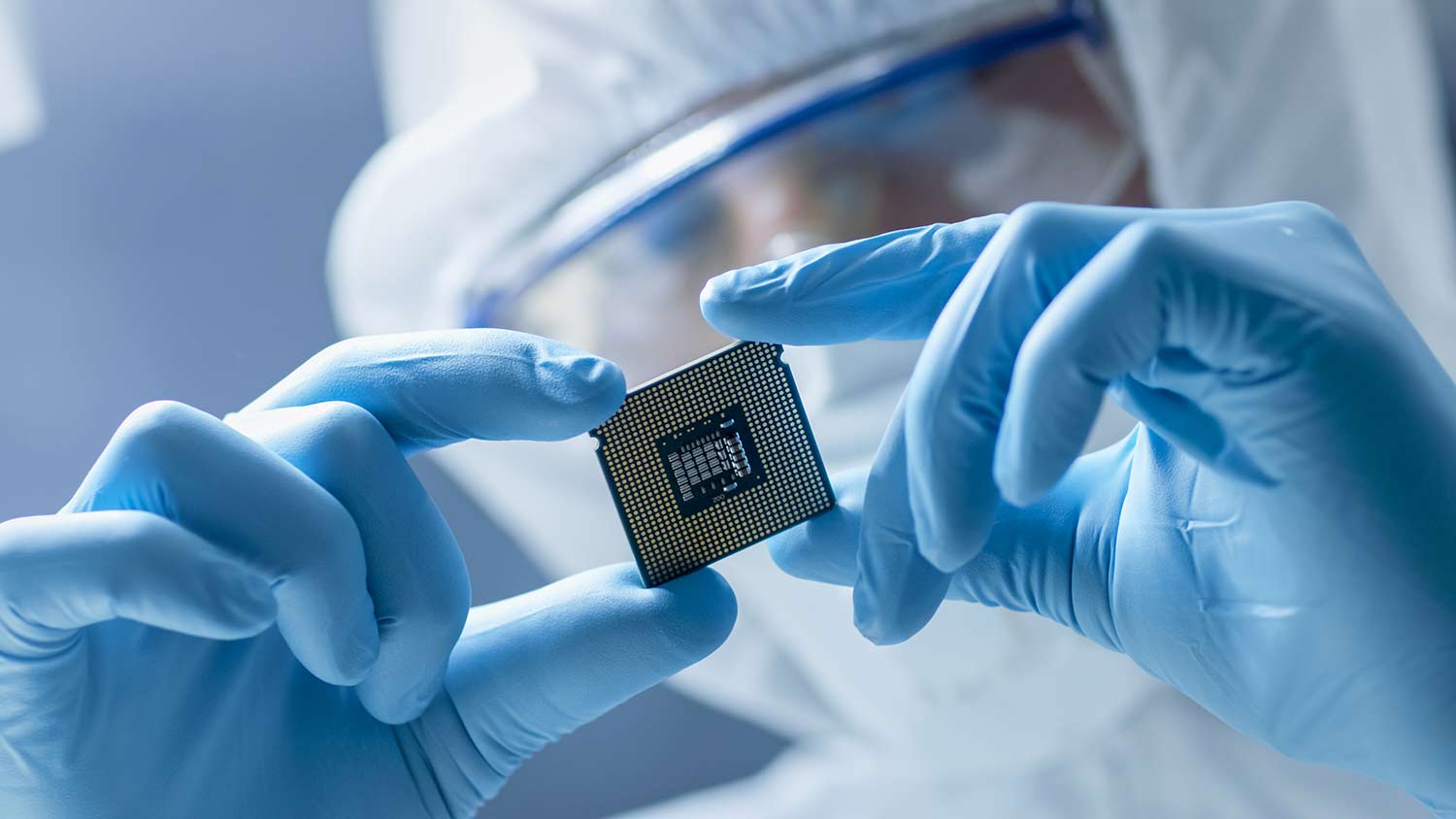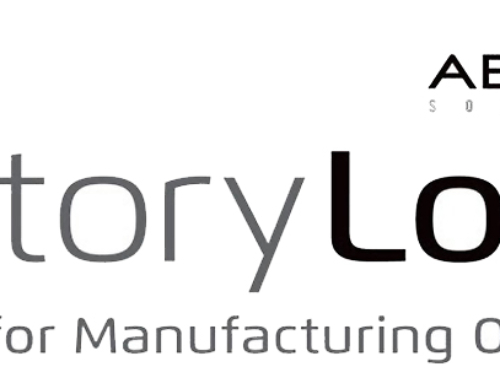Critical factors that make a difference when lives are on the line
Patients benefit from earlier disease detection. Treatments are more effective due to real-time monitoring of health conditions and more accurate data. As technology advances, so do the benefits and capabilities of home healthcare medical devices for diagnostic and therapeutic use. The hottest trends are in wearables, with the US smart wearable market poised to grow an astonishing 18.7% CAGR through 2030.
The smart wearables market includes fitness trackers and health aids that monitor more serious conditions for blood pressure, sleep apnea, diabetes, or electrocardiograms (ECGs). These devices offer the ability to collect the data from the person’s home and transmit it to the patient’s designated healthcare provider. These devices can be life-changing as long as they are reliable.
When a medical device OEM looks for a medical device contract manufacturer, it places an immense amount of trust in the company it selects to fabricate a medical device that functions properly for patient safety and security. There are a few critical factors to consider when placing this level of trust in a business partner.
Wearable devices’ reliance on printed circuit board assemblies
Wearable health devices rely on printed circuit board assemblies (PCBAs) for several reasons. PCBAs provide a compact and efficient platform for integrating various electronic components, sensors, and communications modules required for monitoring and analyzing vital signs and health data.
These medical devices often have limited space and power constraints, and PCBAs offer a lightweight and energy-efficient solution. Furthermore, PCBAs enable seamless connectivity and data transfer between the wearable device and other platforms, allowing for real-time monitoring, data analysis, and subsequent personalized healthcare solutions. The PCBA enables a compact design, efficient performance, and seamless connectivity.
Therefore, a medical OEM must source a contract electronics manufacturing service provider with the ability to produce the highest quality PCBAs in a compact form factor. CO-AX Technology, Inc. assembles PCBs using IC miniaturization, micro ball grid array (BGA), and ultra-fine ball grid array (uBGA) for medical devices and more. CO-AX also provides cable assembly and turnkey box builds and can assemble the PCBA and related components into the final wearable enclosure.
Regulatory approval is essential as the “price of entry”
A medical device contract manufacturer must first demonstrate its ability to meet the strict regulatory guidelines that govern medical device manufacturing, particularly in the United States. For example, any device intended for use within the US must be manufactured by companies with both Food and Drug Administration (FDA) registration and ISO 13485 certification.
Beyond simply showing its certification, confidence builds when the contractor has a history of manufacturing medical devices and knowledge of the processes required to meet regulatory standards. CO-AX has 30 years of experience as a contract manufacturing service provider for Class I and II medical devices, providing customers with the necessary support to bring medical devices to market faster.
Quality Management Systems (QMS) and the importance of traceability
In the medical device market, a contract manufacturer’s quality management system
CO-AX uses Aegis FactoryLogix software to meet the strict demands of medical traceability. The software ensures its manufactured products fully comply with US FDA regulations, the Medical Device Regulation in the European Union (EUMDR), good manufacturing practices (GMP), and more.
Design for manufacturing and product lifecycle
Another important aspect of QMS is design for manufacturing (DFM). Essentially, considering the length of time between a product’s design and final FDA approval, a medical OEM needs a contract manufacturer that has a robust supply chain that can help take a project from prototype through production and the product’s anticipated life cycle, which can be anywhere from five to ten years or more.
Once FDA approval is achieved, the OEM cannot change the device’s bill of materials without returning to the FDA for additional approvals. Any supply chain, however robust, can still anticipate receiving engineering change notices. Working with a contract manufacturer that understands and can adeptly support these requirements is crucial to an OEM’s ability to get a new medical device to market – and keep it there for the entire product lifecycle.
A contract manufacturer incorporating DFM into its QMS will engage in active discussions with the customer during the prototype phase to help develop alternative strategies and plans that consider engineering change notices. When you partner with CO-AX, our expertise in DFM helps eliminate surprises and unwanted setbacks in production and quality.
Advantage of working with an on-shore contractor
Working with a US-based contract manufacturer offers several advantages. Firstly, it can foster faster delivery times, reducing shipping complexities and easing logistics. This is particularly critical for time-sensitive situations where prompt availability of a medical device might make a significant difference to patient care.
Secondly, domestic sourcing provides greater security in terms of intellectual property (IP) protection. It can reduce the risk of IP theft, unauthorized duplication, or counterfeiting to safeguard a medical OEM’s proprietary technology and designs.
Additionally, on-shore sourcing offers the assurance of regulatory compliance. The best domestic contract manufacturers are well-versed in the medical industry’s quality standards and are also overseen by federal regulatory bodies.
Trusted Contract Medical Device Manufacturer
Working on a new project for a medical device? CO-AX offers its customers the expertise, capabilities, and quality assurance to manufacture a wide range of Class I and Class II medical devices. Trust CO-AX Technology as your preferred contractor to manufacture your medical device, as hundreds of other companies have done in the past three decades. Contact us today.




